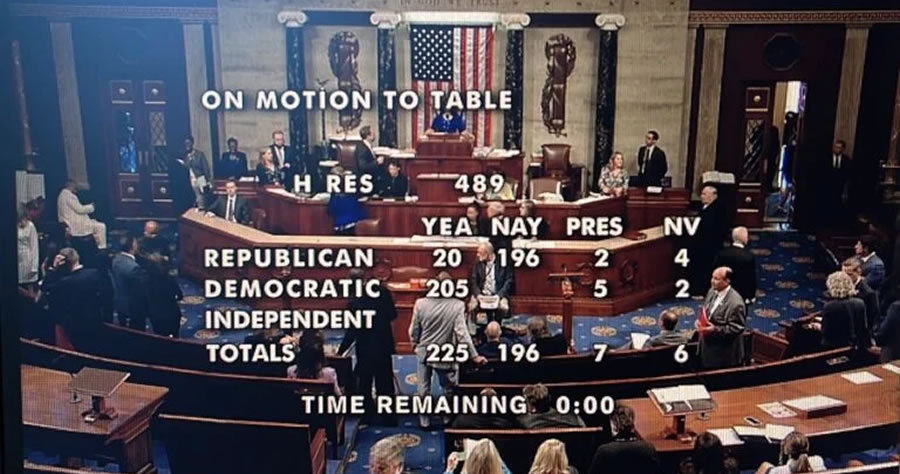In a highly anticipated turn of events on Tuesday, Rep. Luna made an announcement that reverberated throughout the political landscape. The House would be voting on a resolution to censure and fine Rep. Schiff, a contentious figure whose actions have sparked intense debate and controversy.

Betrayal of Public Trust: Rep. Luna passionately argues that Schiff’s behavior represents a betrayal of public trust and casts a shadow over the legislative process. She asserts that Schiff exploited his position on the House Permanent Select Committee on Intelligence to further personal and political interests. By promoting and excusing abusive intelligence investigations of Americans, Schiff allegedly weaponized sensitive information for political gain. Luna’s indignation is palpable as she emphasizes the consequences of such actions and their detrimental impact on the public’s faith in their elected representatives.
The Cost of Deception: The investigation into alleged collusion, launched as a result of Schiff’s purported lies, misrepresentations, and misuse of sensitive information, came at an exorbitant cost to American taxpayers. A staggering $32 million was spent, prompting Luna to call for Schiff to be held financially accountable. Her proposal suggests that Schiff should bear half of the investigation’s total cost, amounting to $16 million. This call for accountability comes on the heels of an ethics committee investigation that found Schiff guilty of falsehoods and unethical conduct.
A Disappointing Outcome: Wednesday’s events unfolded with anticipation, as the House prepared to cast their votes on the censure resolution. However, despite widespread expectations, the resolution failed in the GOP-controlled House. With a vote of 225-196-7, Schiff managed to avoid condemnation, much to the dismay of those seeking justice. The outcome highlighted deep divisions within the chamber, as 20 Republicans joined ranks with Democrats to protect Schiff from censure.
RINOs Exposed: The surprising revelation emerged as 20 Republicans defied expectations and voted against the resolution, aligning themselves with Democrats. These individuals, labeled RINOs (Republicans in Name Only), were seen as protectors of Schiff’s actions. The list includes prominent names such as Kelly Armstrong, Tom Cole, Brian K. Fitzpatrick, and Kay Granger, among others. Their decision to shield Schiff from censure drew attention to the underlying political dynamics and divisions within the Republican Party.
The Full List:
Kelly Armstrong, North Dakota (ND)
Lori Chavez-DeRemer, Oregon (OR)
Juan Ciscomani, Arizona (AZ)
Tom Cole, Oklahoma (OK)
Warren Davidson, Ohio (OH)
Brian K. Fitzpatrick, Pennsylvania (PA)
Kay Granger, Texas (TX)
Garret Graves, Louisiana (LA)
Thomas H. Kean, Jr., New Jersey (NJ)
Kevin Kiley, California (CA)
Young Kim, California (CA)
Michael Lawler, New York (NY)
Thomas Massie, Kentucky (KY)
Tom McClintock, California (CA)
Marcus J. Molinaro, New York (NY)
Jay Obernolte, California (CA)
Michael K. Simpson, Idaho (ID)
Michael R. Turner, Ohio (OH)
David G. Valadao, California (CA)
Steve Womack, Arkansas (AR)
Two Republicans “Present:”
Darrell Issa, California (CA)
George Santos, New York (NY)
Three Republicans “Not Voting:”
Neal P. Dunn, Florida (FL)
Tony Gonzales, Texas (TX)
The failure to censure Adam Schiff has left many Americans disheartened and questioning the integrity of their elected representatives. As the fallout from this vote reverberates, it is essential to reflect on the broader implications for the legislative process and public trust. The debate surrounding Schiff’s actions and the subsequent resolution has underscored the challenges faced by those seeking accountability within the political sphere. Moving forward, it remains to be seen how these events will shape public opinion and influence the trajectory of future investigations and political battles.
